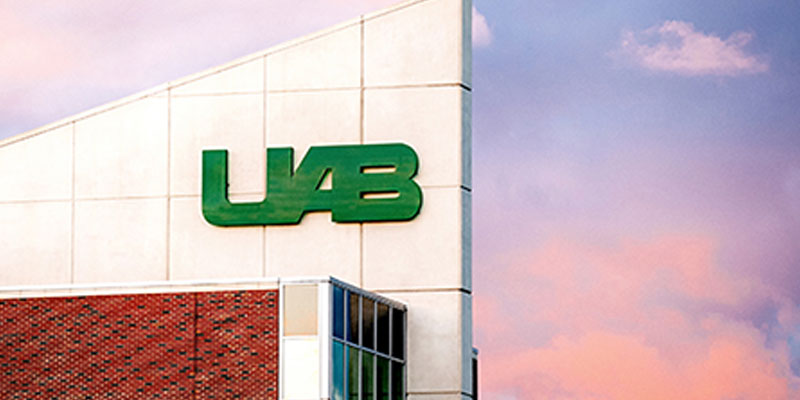Would you be more willing to buy a bag of sweet potatoes, basket of peaches or a jar of honey if you knew from the label that it was grown in Alabama?
A recent survey conducted by researchers at Auburn University shows that the state’s specialty crop farmers and leaders of Alabama’s major agricultural organizations believe that establishing and promoting regional and farm-specific brands for specialty crops would benefit their production.
“This survey represents the first small step in a very long journey,” said Ruiqing Miao, assistant professor in the College of Agriculture’s Department of Agricultural Economics and Rural Sociology.
Miao worked on the survey with Loka Ashwood, assistant professor, and Ali Dawood, graduate student, both in the Department of Agricultural Economics and Rural Sociology; Taylor Johnson, associate bank examiner with the Farm Credit Administration and former graduate student; Deacue Fields, former chair of the department and currently dean of the Dale Bumpers College of Agriculture, Food and Life Sciences at the University of Arkansas; and Joe Kemble, Alabama Extension specialist and professor in the Department of Horticulture.
“The idea behind the initial proposal for the project was to seek ways and define barriers for establishing and promoting original branding for Alabama products,” Miao said. “Unlike some of our neighboring states, Alabama doesn’t have many original brands for specialty crops, even though we have very good products like sweet potatoes and Chilton County peaches.”
There is a lot of potential, he said, for Alabama to strengthen its specialty crop branding. The state consistently ranks high nationally in the production of such crops as pecans, sweet potatoes, blueberries, watermelons and peaches.
“Significant variations in climatic and geographical conditions across Alabama enable the state to produce abundant varieties of specialty crops,” Miao said. “Foreign and domestic competition, though, is growing for the state’s specialty crop growers in traditional commodity markets.”
New markets increasingly cater to quality, diversity, locality and even social and cultural heritage associated with agricultural products, he said.
“Alabama specialty crop growers are at a critical juncture to diversify their marketing options,” Miao said. “These challenges require specialty crop growers in Alabama to adjust their usual practices of producing and marketing products. Establishing regional or farm-specific brands for specialty crops is considered a crucial step to address these challenges.”
The research team began the project by interviewing eight group leaders in Alabama agribusiness. These interviews were intended to solicit the leaders’ opinions about the importance of branding and to identify the top specialty crops that would have the largest potential for branding.
“The eight group leaders unanimously believed that establishing and promotion regional and farm-specific brands for specialty crops in Alabama would benefit specialty crop producers,” Miao said. “As for the top candidate specialty crops for branding, the leaders all believed that sweet potatoes should be one of the top candidates. Honey and watermelons were mentioned by four out of eight group leaders, and peaches and strawberries were mentioned by three.”
Next, researchers interviewed farmers who produce the top two crops named by the group leaders—10 sweet potato producers and 10 beekeepers.
“We asked the farmers a different set of questions, including their opinion of branding, their barriers to branding and what types of resources or support they needed to implement branding,” Miao said.
Although the majority of interviewed farmers believed that branding would help specialty crop growers in Alabama, some expressed concerns that successful branding needs financial support from the state government, information support from branding experts and coordination support from farmer or agribusiness organizations, he said.
“There’s obviously an economic drive for branding—previous research has shown that branding can bring farmers a price premium,” Miao said. “But farmers need various resources and support to carry out branding.
“They need financial support because it costs money to establish branding. Also, they need support from experts in how to establish and launch branding. In addition, they need coordinated support from agribusiness organizations. Branding can bring farmers price premiums and higher profits, but there is also a cost.”
These needs of specialty crop farmers will require further research and cooperation with ag-related groups, he said.
“There is also a risk to fail, so we need to look at how to spread the risks or distribute the benefits,” Miao said. “This is not an easy task, and these surveys represent the very beginning steps.”
There is much more work to do, both from a research level and from producers and agricultural organizations, before specialty crop branding is commonplace in Alabama, he said.
This research is partially supported by an Alabama Department of Agriculture and Industries Specialty Crop Block Grant and by the Alabama Agricultural Experiment Station.
(Courtesy Auburn University)












